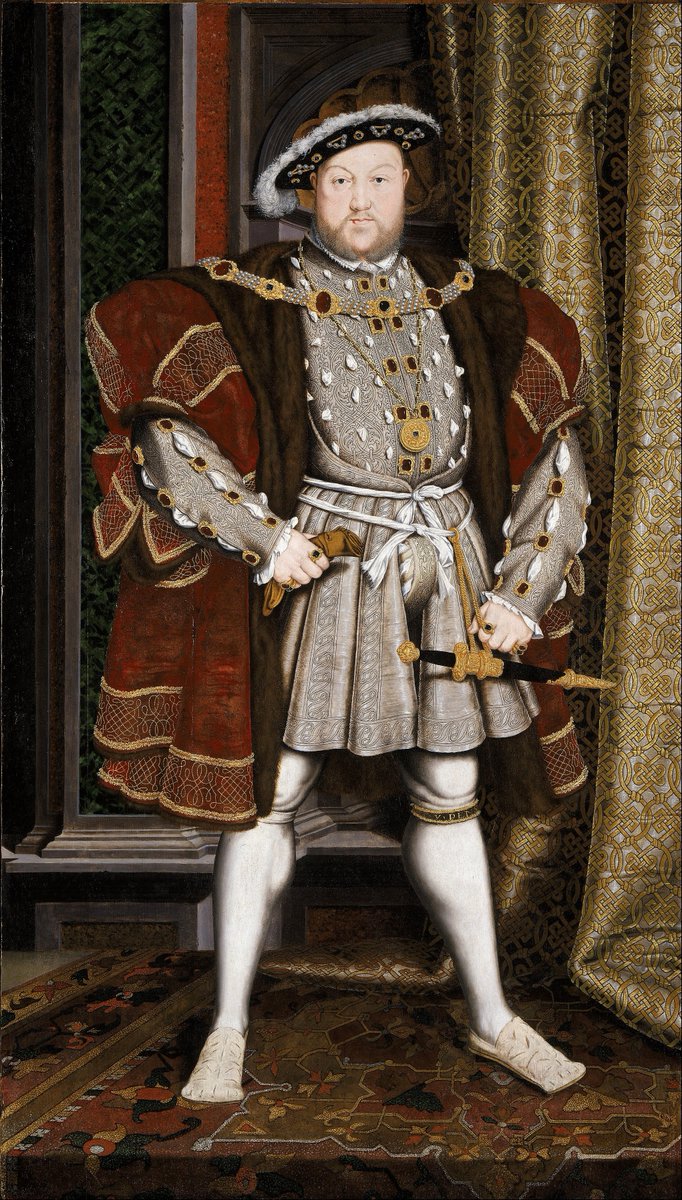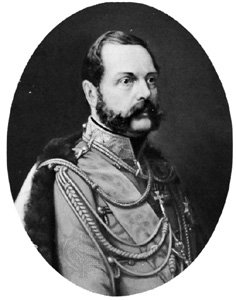
A prince destined for greatness, heir to an empire where the sun never set, including one nation still named after him. But his autocratic style would lead to his dominion's collapse, though well after his death.
Story in the evening ...
Story in the evening ...
https://twitter.com/Arby_K/status/1364040693962792965
Felipe was born in 1527 to Holy Roman Emperor Karl and Isabel de Portugal. Emperor Karl was also the King of Spain, Naples, Sicily and Sardinia, Lord of Seventeen Provinces in the Low Countries and Archduke of Austria. Isabel was the daughter of the Portuguese King. 1/10 

In 1542, a Spanish explorer arrived at an archipelago in Asia, which he named after Felipe. The archipelago later became a Spanish colony for centuries. Between 1554 and 1556, Emperor Karl divided his realm between his son Felipe and brother Ferdinand. 2/10 

Ferdinand became the Emperor and Archduke of Austria, while Felipe got the provinces in Italy, Spain and the Low Countries. His (second) marriage to Queen Mary of England and Ireland also made him the King Consort of the two nations in 1554. 3/10 

But the marriage was brief as the Queen died in 1558. The early reign of Felipe was filled with battles. He inherited an ongoing war with the French for supremacy in Italy. But with victory at Saint-Quentin in 1557, he established Habsburg primacy in the peninsula. 4/10 

Next was the sea around Italy, the Mediterranean, dominated by the Ottomans. He allied with Italian republics to win a naval battle near Lepanto ensuring Habsburgs gain control over part of the Sea. Don Juan de Austria, an illegitimate half brother of Felipe, led the attack. 5/10 

Another illegitimate half sibling was the Habsburg Governor General for the Low Countries, Margarita de Austria. She was also married to Duke Ottavio Farnese of Parma, the grandson of Pope Paul III. But the Dutch rebelled against Habsburg rule. 6/10 

Felipe send the Duke of Alba to pacify the rebels. Though initially successful, it would grow into a full scale war for independence finally ending in 1648, with seven of the seventeen provinces gaining freedom. In 1580, though another opportunity came to Felipe. 7/10 

The legitimate line of the House of Aviz ruling Portugal had come to end. Felipe was the nearest legitimate relative. He would gain the crown in 1581, after defeating illegitimate contenders. But as he consolidated his power, another irritant would lead to major catastrophe. 8/10 

The continuous raids by English privateers on Spanish ports eventually made Felipe send the mightiest naval force around against England. But the battle ended in an embarrassing defeat. The English then attempted a counter invasion, which was beaten back. 9/10 

England would go on to replace Spain as the premier maritime strength. When Felipe died in 1598, he was succeeded by his son by his fourth wife (also his niece), Felipe. The systemic inbreeding would eventually spell the doom of the Spanish royal family. 10/10 

• • •
Missing some Tweet in this thread? You can try to
force a refresh















